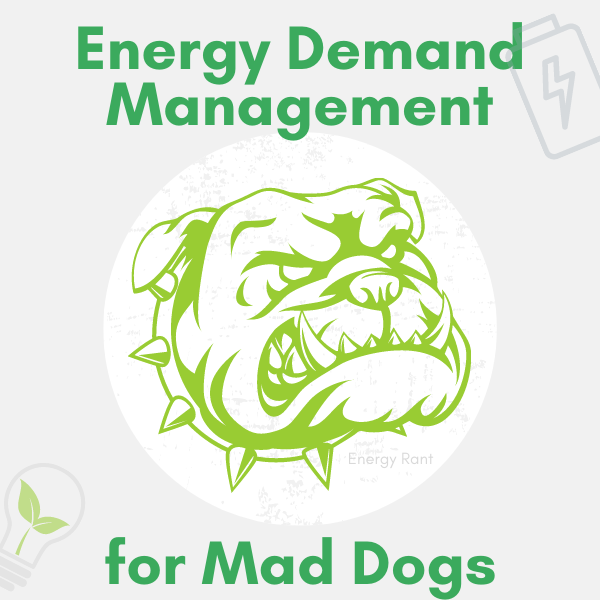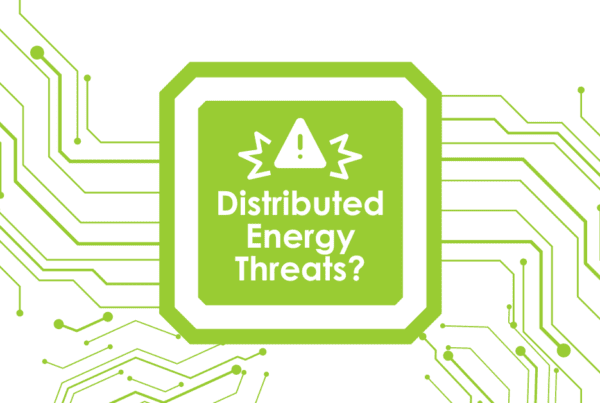
Does every decision boil down to a binary choice? A binary choice is a decision between two alternatives, like yes or no, and do or do not. This applies to determining what ‘is’ and ‘is not’ a factor in decision making. For example, deciding that the color of a car you may be considering ‘is’ or ‘is not’ important is a binary choice. This is how we slice through the peanut butter, decide what matters, and get on with it. We narrow down and hone into what is essential.
Binary decisions are primitive, as demonstrated in a December post featuring conniving squirrels. With some intuition, you can see the gears turning inside their fur-covered skulls. “Do I jump from here? If no, do I try a different perspective or bound to another tree?” A few years ago, The Wall Street Journal reported that a person makes 35,000 choices per day! If you are sound asleep for six hours per day, that leaves over 1900 decisions per hour. I guarantee these are mostly A-B decisions or limbic brain decisions.
What separates humans from animals is intuition and forecasting the future, which happens to be two of our corporate values: intuitive analysis and proactive service. Do squirrels think ahead? I’ve never asked one, but my guess is they store the food they can’t pack down their stomachs in the moment. They aren’t planning their future. Planning and forecasting with an open mind, rather than simple A-B choices of the moment, are requisite to understand the benefits of efficiency and demand management.
Informing and Persuading on Their Terms
A few years ago, I was in the Iowa statehouse “lobbying,” not very successfully, to save efficiency in the state. In the Midwest, this means it has to be on the macroeconomic merits. I attempted to persuade individuals by speaking their language, which included the state’s competitiveness, keeping energy prices low over the long-term, decreasing the flow of capital for energy out of the state, and the state’s economy. This is not a binary choice of the here and now as measured by the ratepayer impact measure (RIM) test, which compares the avoided cost of energy today (fuel) to lost utility revenue (sales). I explain that the RIM test always fails for efficiency programs because utilities are in business to make money – to, on the whole, sell at a higher average cost than it costs to acquire what it sells. It’s pretty simple. We could call it the squirrel test.
We need human cognition to evaluate whether efficiency keeps prices lower, long-term. As you probably know, it is cheaper to reduce consumption and demand by working with customers than it is to build generation, transmission, distribution, and associated substations. I.e., demand management is a resource that compares to this hardware. In Iowa, I met with lawmakers who were likely not to believe this, face to face. As I learned in a webinar, using the neocortex portion of the brain for logic, reasoning, and planning – the things that make us human – is hard work, and people are wired to avoid it. That hit me like a ball-peen hammer a few times as I met with them.
Don’t Let the Dogs Out
I ask job candidates for an example of being disparaged and how they reacted to it. I developed a library of samples in my lobbying experience. Many legislators reacted like mad barking dogs on the other side of a used car fence in response to the idea that efficiency and demand management are alternatives to supply-side resources. Raaarrr! My reaction: humor and fascination of learning how people think, with no filter and sometimes, anger.
The driver for efficiency and demand management, where it is strong, has shifted to climate change, and not so much as a resource, except in the Northwest where the great Tom Eckman, formally with the Northwest Power and Conservation Council, effectively evangelized efficiency as a resource. More than anything else, it is the economic benefits of tapping the lowest-cost resources and minimizing waste that make me tick and hum. If persuaded via the neocortex that these benefits are real, everyone should get on board with that.
My mantra has always been: stay grounded, use your head, and work toward something only the barking dogs may object to because they are animals – or maybe be so stealthy that the sleeping dogs don’t awake. Readers may not like it, but if you come in with huge mandates, soaring prices, wealth transfers, and bureaucracies to manage it all, you might as well bang pots and pans and open the gate to let the dogs out.
Be smart! If it were easy, it wouldn’t be any fun.





